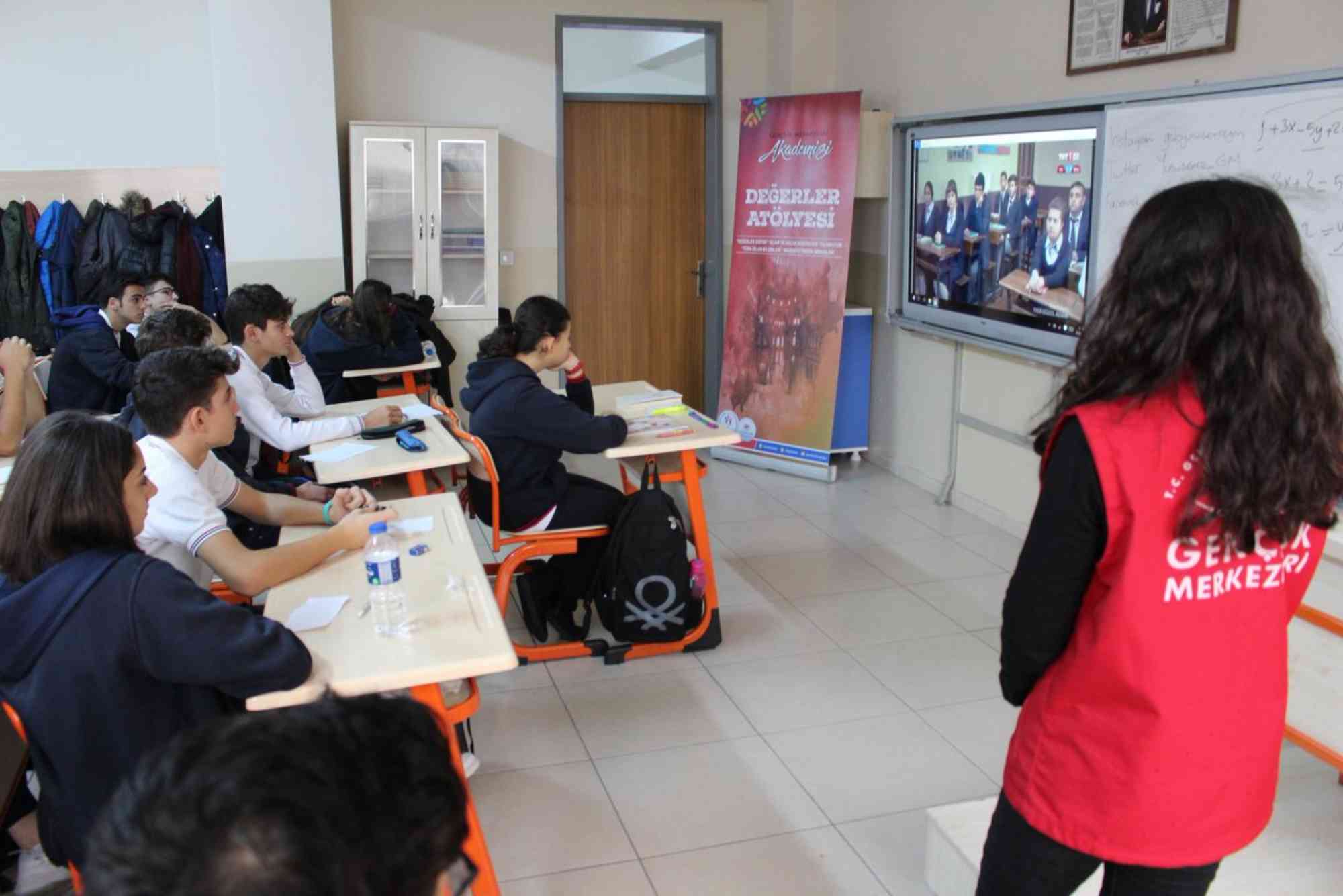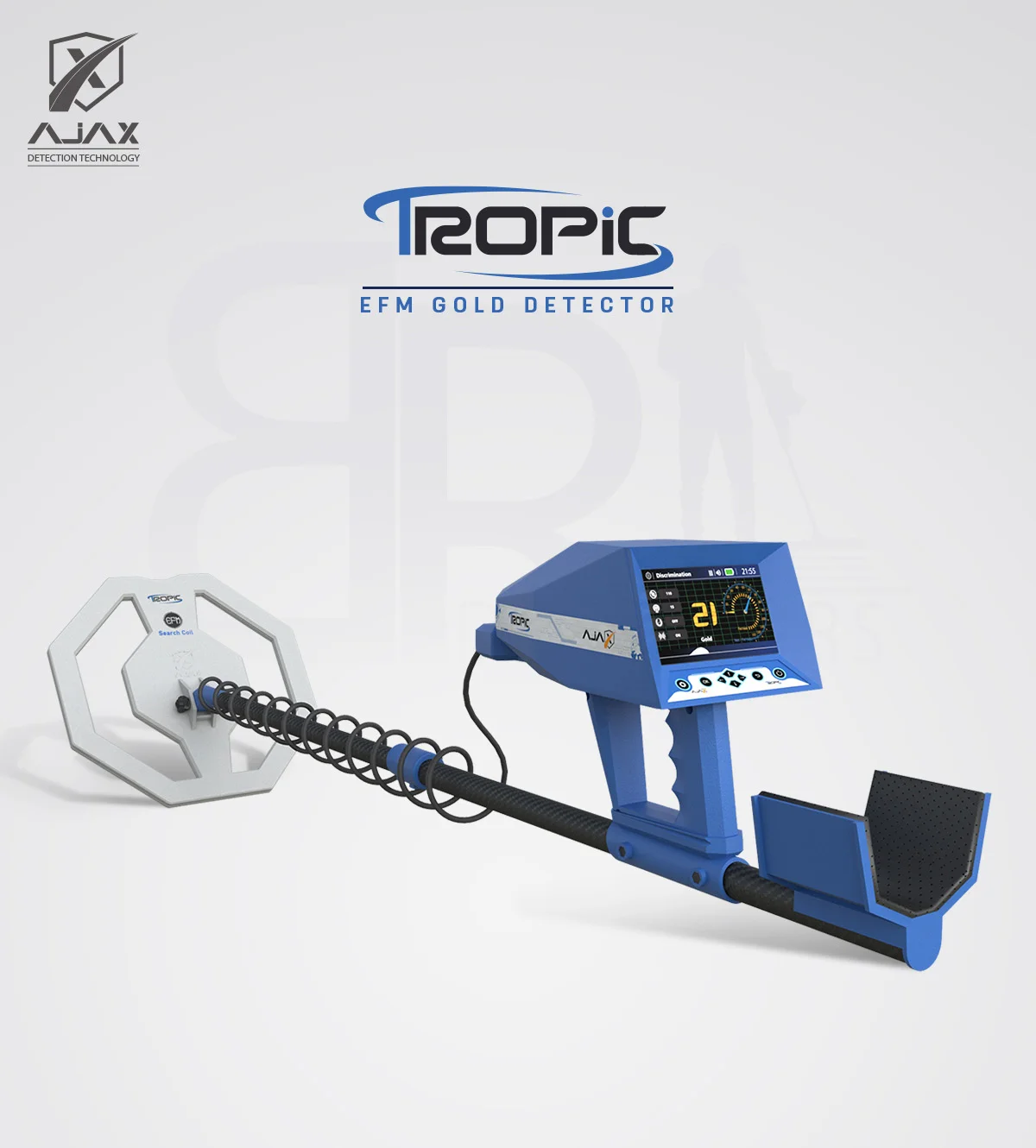Introduction
Education in Qatar has undergone a profound transformation in recent years. With digitalization sweeping across the globe, the concept of LMS education QA التعليم الالكتروني has emerged as a cornerstone of modern learning. This approach combines online platforms, interactive tools, and innovative teaching strategies to create a seamless educational experience for students and educators alike. By embracing learning management systems, Qatar has aligned itself with international best practices while tailoring solutions to its unique cultural and linguistic needs.
This article explores what LMS education means for Qatar, how التعليم الالكتروني is reshaping the classroom, and what students, educators, and policymakers need to know about its future.
Understanding LMS Education QA التعليم الالكتروني
What is LMS Education in Qatar?
A Learning Management System (LMS) is a digital platform designed to deliver, track, and manage learning content. In Qatar, LMS education QA التعليم الالكتروني represents more than just software; it signifies a new vision for education. Schools, universities, and corporate training centers use LMS platforms to host lessons, facilitate communication, and measure student performance.
The focus on QA — or quality assurance — highlights Qatar’s commitment to high standards. LMS education QA التعليم الالكتروني integrates modern technology with pedagogical rigor to ensure learners receive engaging, reliable, and personalized instruction.
Why التعليم الالكتروني Matters
The shift toward التعليم الالكتروني in Qatar stems from three main drivers: accessibility, innovation, and resilience. First, LMS platforms break down geographical and time barriers, allowing students in remote areas to access the same resources as those in Doha. Second, they enable innovative teaching methods such as gamification, adaptive learning, and multimedia content. Third, they enhance resilience, ensuring learning continuity during unforeseen disruptions, such as the global pandemic.
The Growth of LMS Education in Qatar
National Vision and Digital Transformation
Qatar’s National Vision 2030 emphasizes knowledge-based development. Education plays a vital role in achieving this goal, and LMS education QA التعليم الالكتروني is central to the process. By embedding advanced digital infrastructure across schools and higher education institutions, Qatar is fostering a generation of learners comfortable with technology and ready for the future workforce.
Government initiatives support digital platforms in both public and private institutions. Ministries collaborate with tech providers to customize LMS solutions that accommodate Arabic and English content while respecting local educational standards.
Adoption Across Schools and Universities
From primary schools to prestigious universities, LMS systems are now integral to Qatar’s educational landscape. Teachers upload lectures, assignments, and assessments to centralized portals. Students interact with instructors through forums, live chats, and video conferencing. Administrators monitor progress using real-time dashboards, improving accountability and efficiency.
As adoption increases, so does the sophistication of these platforms. Many LMS solutions used in Qatar now integrate artificial intelligence to personalize learning paths, analyze student performance, and recommend targeted interventions.
Key Features of LMS Education QA التعليم الالكتروني
Seamless Communication
Effective communication between teachers and students is the backbone of learning. LMS education QA التعليم الالكتروني enables direct messaging, discussion boards, and announcements, ensuring students never miss updates or instructions.
Centralized Content Management
Teachers can upload multimedia content, including videos, presentations, and interactive quizzes, all in one place. This centralization makes it easier for students to find and review materials, fostering a more organized learning environment.
Performance Tracking and Analytics
Another powerful feature is the ability to track performance in real time. Educators can view individual and group progress, analyze assessment data, and identify students needing extra support. Parents, too, can receive reports, increasing transparency and engagement.
Accessibility and Inclusivity
LMS platforms in Qatar often include features for students with disabilities, such as screen readers, captioned videos, and adjustable text sizes. These tools ensure that التعليم الالكتروني benefits everyone, not just a select few.
Benefits of LMS Education QA التعليم الالكتروني
Enhanced Learning Experience
With interactive modules, gamified lessons, and instant feedback, LMS education QA التعليم الالكتروني creates a richer and more engaging learning experience than traditional classroom methods alone.
Flexibility and Convenience
Students can access lessons anytime, anywhere. This flexibility is crucial in a rapidly changing world where many learners balance education with work or family responsibilities.
Data-Driven Decisions
Educators gain insights into student behavior, enabling evidence-based teaching. Analytics tools highlight trends in participation, quiz performance, and attendance, making it easier to refine curriculum and improve outcomes.
Future-Proofing Skills
By participating in التعليم الالكتروني, students gain essential digital literacy skills. They become familiar with online collaboration, time management, and self-directed learning — competencies highly valued in today’s global job market.
Challenges Facing LMS Education in Qatar
Digital Divide
While Qatar boasts excellent infrastructure, some disparities remain in access to high-speed internet and devices. Addressing these gaps is crucial to ensure equality in التعليم الالكتروني.
Teacher Training
LMS platforms are only as effective as the educators using them. Ongoing professional development and training programs are essential to maximize their potential.
Cultural Adaptation
Balancing global best practices with local cultural values can be challenging. Qatar’s education system must ensure that content and delivery modes respect linguistic and cultural preferences.
The Future of LMS Education QA التعليم الالكتروني
AI and Adaptive Learning
Artificial intelligence is set to revolutionize LMS education in Qatar. Adaptive learning engines can customize lessons based on individual performance, making التعليم الالكتروني even more personalized and effective.
Virtual and Augmented Reality
Immersive technologies such as VR and AR will enhance experiential learning. Students can explore virtual laboratories, historical sites, or engineering simulations without leaving the classroom.
Integration with National Platforms
We can expect greater integration of LMS systems with national databases and credentialing platforms. This will streamline accreditation, make records more portable, and strengthen quality assurance.
FAQs about LMS Education QA التعليم الالكتروني
What is the meaning of التعليم الالكتروني in Qatar?
التعليم الالكتروني in Qatar refers to the use of digital platforms like LMS to deliver and manage educational content, allowing students to learn online with flexibility and support.
How does LMS education benefit students in Qatar?
LMS education provides easy access to resources, interactive lessons, real-time feedback, and personalized learning paths, improving overall academic performance.
Are LMS platforms in Qatar available in Arabic?
Yes. Most LMS systems in Qatar support both Arabic and English content, ensuring accessibility for diverse learners.
What skills do teachers need to succeed with التعليم الالكتروني?
Teachers need digital literacy, familiarity with LMS tools, and skills in online pedagogy to create engaging and effective virtual classrooms.
Is التعليم الالكتروني as effective as traditional education?
When designed and implemented well, التعليم الالكتروني can be as effective — or even more effective — than traditional classroom learning because of its flexibility, data analytics, and personalization.
Embracing the Future of Education in Qatar
LMS education QA التعليم الالكتروني represents more than a technological shift; it’s a transformative movement shaping Qatar’s educational future. By integrating digital platforms with high-quality teaching, Qatar is preparing its learners for the demands of the 21st century.
As LMS education continues to grow, the country must focus on training educators, closing access gaps, and leveraging emerging technologies to maintain its competitive edge. For students and institutions alike, the message is clear: embracing التعليم الالكتروني is no longer optional — it’s essential.




